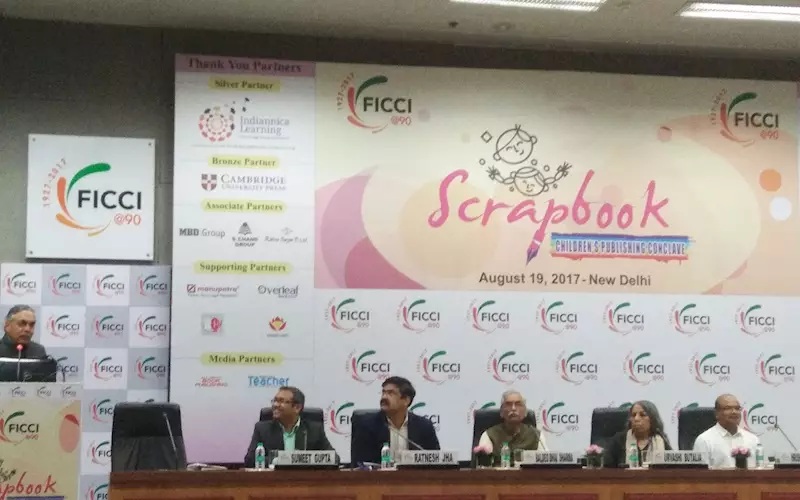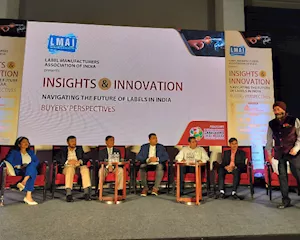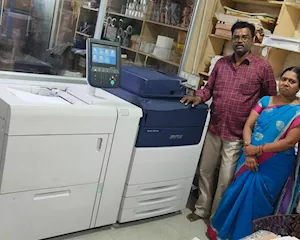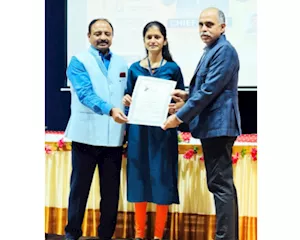FICCI Scrapbook Conclave explores possible collaborations among stakeholders in children’s publishing
The Federation of Indian Chambers of Commerce and Industry (FICCI) has identified publishing as one of its major focus areas, with the organisation’s Publishing Committee bringing together some of the major publishing houses in India. Over the years, FICCI has undertaken several initiatives to showcase the promise and potential of the Indian publishing sector. In a step forward towards this goal, the FICCI has initiated a children’s publishing conclave entitled ‘Scrapbook’. The first edition of
23 Aug 2017 | By Dibyajyoti Sarma
In his welcome address during the inaugural session of the daylong seminar, A Didar Singh, secretary general, FICCI, explained that the FICCI has instituted this platform to explore possible collaboration among various actors of the ecosystem, including children content creators, publishers, offline and online service providers, technology disrupters, teachers, schools, parents, children, and policymakers.
The conclave highlighted the important aspect of child’s individual learning requirements, and the vital role publishers can play in addressing the same in five different sessions throughout the day. The sessions were ‘Content liberalisation’; ‘Gender representation in children’s books’; ‘Harnessing Multiple Intelligence (MI) with content’; ‘Promoting book reading amongst 140 characters Twitter generation’; and ‘Technology play: Books, Screens and Education’.
During the inaugural session, Baldeo Bhai Sharma, chairman, NBT, India, Ministry of HRD, government of India, underlined the importance of nurturing creativity and innovation in children at an early age for the economic and spiritual development of the nation.
Sharma said it is essential to gauge the creativity of children and not confine them just to curriculum. Supplementary books should teach children about the importance of being a good human and life lessons as it will help in overall development of their personality while strengthening their imaginative skills, he said.
In his special address, Hrushikesh Senapaty, director, NCERT, said that there is a need to shift educational learning for children from content mastery to competency mastery, where competencies should be classified into character, intellectual and social. It is vital to make the classroom process vibrant where teachers would act as a facilitator providing children with an opportunity to develop and strengthen their competencies and communication ability. He added that the Indian education system is moving from knowledge construction to knowledge processing with the help of technology, enabling children to explore, innovate and create.
In her theme address, Urvashi Butalia, chair, FICCI Publishing Committee and director, Zubaan, said that the conclave focused on policy advocacy to nurture collaboration between schools, government and children’s publishers to enhance learning outcome in educational space; concerns related to children’s content of schools; addressing gender misrepresentation in children’s books; implementing theory of multiple intelligence on children content to enhance learning outcome and changing role of technology in children content and its impact on K12 education besides promoting book reading amongst young children.
Ratnesh Jha, co-chair, FICCI Publishing Committee, and managing director, CUP, shared also his perspective on children’s publishing.
 |














 See All
See All